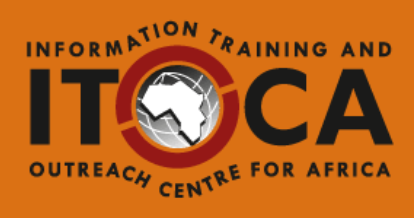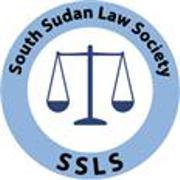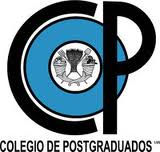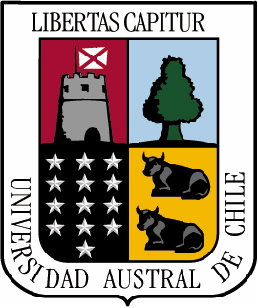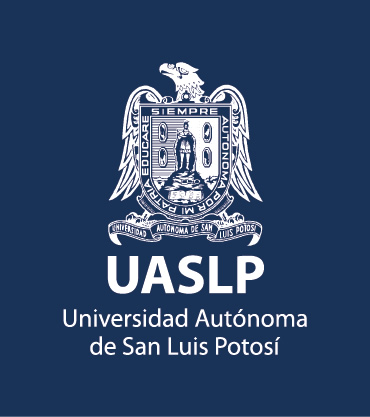Committee for Internally Displaced Karen People
The CIDKP was formed in 1998 to raise awareness about the plight of internally displaced Karen/Kayin people and to deliver humanitarian assistance in response to their needs.
The organization has field staff in all townships of Karen/Kayin State, as well as in parts of Tenasserim/Tanintharyi Region, northern Mon State and eastern Bago Region.
Its main programme activities include the delivery of relief assistance to displaced communities who have experienced shocks to their livelihoods.
It also supports a prosthesis workshop for people injured by landmines.



